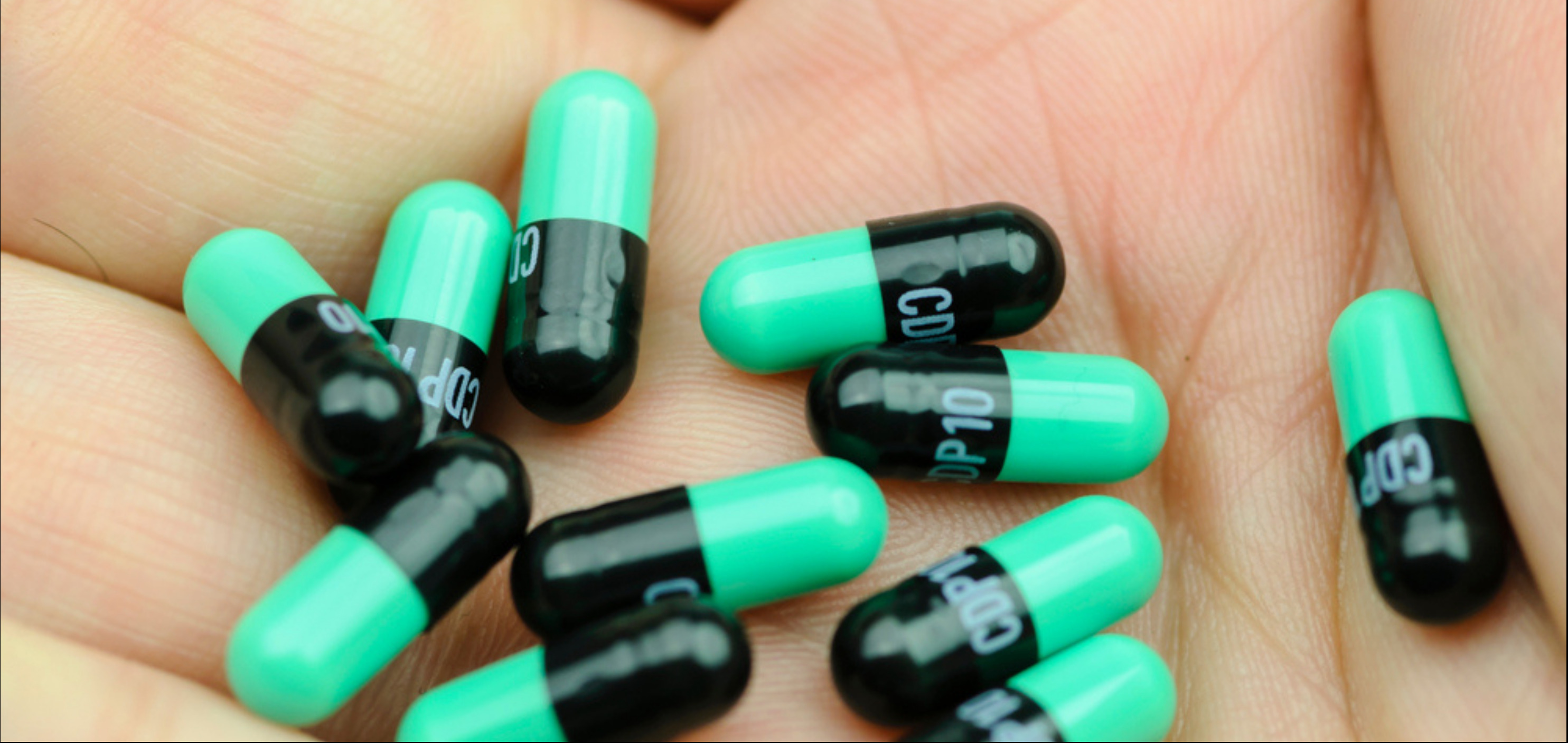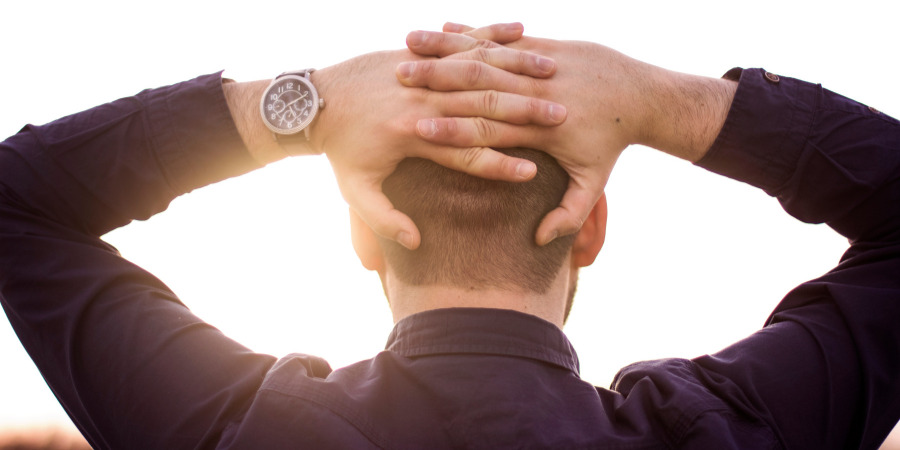Librium Addiction | Symptoms, Effects and Causes
What is Librium?
Librium, also known by its generic name chlordiazepoxide, is a type of benzodiazepine commonly prescribed to treat anxiety disorders, insomnia and symptoms of alcohol withdrawal. First introduced in the 1960s, it was one of the earliest medications in its class, valued for its calming and sedative effects.
Medically, Librium helps reduce the overactivity of the brain’s nervous system, which is why it’s effective in managing anxiety and preventing severe alcohol withdrawal symptoms, like seizures or agitation. It’s often used for short-term relief, as long-term use can lead to tolerance and dependence. While it can provide significant benefits when used as directed, Librium is a powerful drug that requires careful monitoring to avoid potential misuse or addiction.
Is Librium addictive?
Chlordiazepoxide is addictive due to the way it affects the brain’s chemistry. It boosts the action of gamma-aminobutyric acid (GABA), a neurotransmitter that helps calm overactive brain signals. This leads to a sense of relaxation and reduced anxiety, but with continued use, the brain starts to rely on the drug to achieve this effect.
Over time, natural GABA production decreases, leaving the person dependent on Librium to feel balanced or even function normally. This dependency can develop into addiction, particularly if the medication is used for extended periods, in high doses or outside medical guidelines. Both physical cravings and psychological reliance can make stopping Librium use difficult without professional support.
Spotting the signs of Librium addiction
Recognising the signs of Chlordiazepoxide addiction is crucial for taking the first step toward recovery, whether for yourself or someone close to you. Addiction can develop gradually, making it easy to overlook changes in behaviour, physical health or mental well-being. Identifying these signs early can prevent further harm and help guide someone toward the support they need.
Behavioural signs of Chlordiazepoxide addiction
- Doctor shopping: In countries with privatised healthcare systems, seeking prescriptions from multiple doctors often indicates increasing dependence on Librium.
- Neglecting responsibilities: Prioritising drug use over work, school or family commitments is a common behaviour among those struggling with addiction.
- Secretive behaviour: Hiding Librium use or lying about taking it often stems from shame or fear of being confronted.
- Loss of interest in hobbies: Activities that were once enjoyable may no longer hold appeal as drug use takes precedence.
Physical signs of Chlordiazepoxide addiction
- Tolerance: Requiring higher doses to feel the same effects suggests the body is adapting to the drug.
- Withdrawal symptoms: Experiencing tremors, sweating, nausea or insomnia when not using Librium highlights physical dependence.
- Chronic fatigue: Persistent drowsiness or lethargy occurs as Librium slows down the central nervous system.
- Unexplained weight changes: Weight loss or gain can result from altered eating habits due to Librium’s effects.
- Coordination issues: Slurred speech or difficulty with balance may develop from prolonged use of the drug.
Struggling with an addiction? If you are ready to seek help, reach out to us today, and a member of our compassionate team will help you find the best option for starting your recovery journey.
Psychological signs of Chlordiazepoxide addiction
- Cravings: A persistent desire to use Librium, even when not needed, signals a psychological dependency.
- Anxiety between doses: Increased nervousness or irritability when the drug wears off suggests the brain is struggling to regulate itself.
- Mood swings: Emotional instability, such as sudden anger or sadness, can occur as a side effect of dependency.
- Loss of control: Feeling unable to reduce or stop Librium use, despite wanting to quit, is a hallmark of addiction.
- Obsessive thoughts: Constantly thinking about when and how to take the next dose indicates addiction has taken hold.
Do I have a Librium addiction?
It’s important to check in with yourself when using Librium, even if you’re following your prescription exactly as directed. Many people feel safe using prescription drugs like Librium because they’re legal and approved by a doctor. However, it’s easy to overlook the level of care and awareness required when taking such a powerful medication.
Librium can be habit-forming, and addiction often develops gradually, without obvious warning signs. Below are six questions that, when answered with ‘yes,’ could indicate a Chlordiazepoxide addiction.
- Do you find yourself needing higher doses of Librium to feel the same effects as when you first started taking it?
- Have you ever felt anxious, shaky or irritable when you’ve missed or delayed a dose?
- Do you think about Librium often or feel a strong urge to take it, even when you’re not anxious or stressed?
- Have you avoided social events, work or other responsibilities because of Librium use or its effects?
- Have you ever tried to stop taking Librium but found yourself unable to or experienced unpleasant withdrawal symptoms when you did?
- Do you feel worried or distressed at the thought of running out of Librium or not having access to it?
If you’ve answered ‘yes’ to any of these questions, it may be time to reflect on your relationship with Librium and consider seeking support to prevent further harm.
How Is a Librium Addiction Treated?
Librium addiction can be treated through either inpatient or outpatient rehab programmes. In cases where the addiction is severe, inpatient treatment is highly recommended, as it provides a structured environment with access to medical supervision and therapeutic support. Outpatient programmes can be suitable for those with milder addictions who are able to maintain recovery while staying at home.
Treatment typically begins with a medically supervised detox to manage withdrawal symptoms safely. This stage is crucial, as stopping Librium suddenly can lead to severe symptoms like anxiety, tremors or even seizures. A tapering approach is often used, gradually reducing the dosage to minimise discomfort.
Once detox is complete, therapy becomes the focus of treatment. This often includes one-to-one counselling, group therapy and evidence-based approaches like cognitive behavioural therapy (CBT) or dialectical behaviour therapy (DBT). These therapies help uncover the root causes of addiction and develop coping strategies to prevent relapse.
Aftercare planning ensures that individuals leave treatment with tools and resources to maintain their sobriety, including continued therapy, peer support groups or relapse prevention strategies.
What are the next steps?
If Librium addiction is affecting your life, it’s important to take action. Librium rehab can offer the tailored care and support needed to overcome dependence and regain control. Don’t let Chlordiazepoxide addiction hold you back. Reach out to a rehab centre today and take the first step toward a healthier, more fulfilling future.
Our compassionate team are ready and available to take your call, and guide you towards lasting the lasting addiction recovery you deserve.



